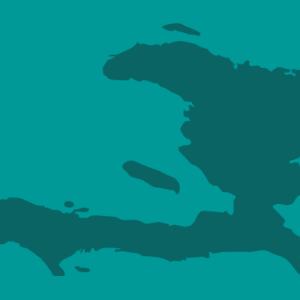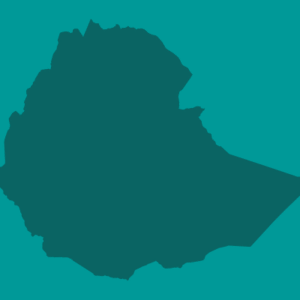My name is Robert Oppel, and I am the photojournalist for the CureCervicalCancer Kenya 2014 Project. My day job, however, is working with Dr. Patricia Gordon at a cancer center in Los Angeles. I had expressed an interest in CCC when I witnessed Dr. Gordon’s genuine compassion towards a patient who is a dear friend of...
Tag: vinegar test
Day 2: Theory into Practice
Today was the CCC Team’s first day of training the local healthcare professionals (over 35 people in attendance)in the “See and Treat” procedure at Jaramogi Oginga Odinga Teaching and Referral Hospital (JOOTRH) in Kisumu, Kenya. The day began with an informational presentation on the theoretical aspects of Visual Inspection with Acetic Acid (VIA) and cryotherapy...
Day 5: Our Second Sustainable Clinic is Set Up in Cap-Haitien, Haiti
We arrived at Hopital Saint Michel in Cap-Haitien, Haiti this morning to find that our partners—International Medical Corps—had prepared for our arrival. We were introduced to Dr. Johanna Trevant, the hospital’s head of gynecology, and two nurses designated to learn the See and Treat procedure. We began with an informational seminar and then moved to...
Dedication of the CureCervicalCancer: The Phyllis Clinic in Borgne, Haiti
Today was our final day in Borgne, Haiti, which culminated in the successful establishment of The Phyllis Clinic, CureCervicalCancer’s 7th ongoing, fully sustainable See and Treat clinic! We had a busy clinic day and saw a record number of women from the community! We were deeply gratified to see the See and Treat stations completely run by...
Personal Stories: Invasive Cervical Cancer – A Reminder of Why We Do This Work
A 55-year-old thin, petite woman entered the clinic today. She was obviously in pain, moving slowly, and begging for help. She stated that she had severe abdominal and pelvic pain, and had also been feeling feverish over the past few weeks. She mentioned that she had some vaginal spotting as well. We helped her carefully...
Day 2: Further Success at The Phyllis Clinic in Borgne, Haiti
Our second clinic day at The Phyllis Clinic saw even more women coming to undergo See and Treat. One of the H.O.P.E. Haiti team members, Ben, who has been working with the hospital for 18 years, was key in getting the word out to the community that our services were available. He worked late into...
A Marvelous First Day at The CureCervicalCancer: The Phyllis Clinic in Borgne, Haiti!
Today was the first day of the CureCervicalCancer: The Phyllis Clinic. With the help of Columbia University Millennium Cities Initiative, we were introduced to H.O.P.E. (Haiti Outreach/Pwoje Espwa) and its visionary director, Dr. Rose-Marie Chierici, as well as the wonderful staff of the Borgne Community Hospital. Dr. Thony Voltair, Dr. Alain, and the hospital’s nurse,...
Dedication of the CCC Cure Cervical Cancer: The Mary Clinic in Wukra, Ethiopia
This afternoon, CCC successfully established our second permanent, sustainable cervical cancer “See and Treat” clinic on this project (and in Ethiopia!) in Wukra, Ethiopia. The Cure Cervical Cancer: The Mary Clinic was met by an outpouring of grateful women who flocked to the clinic in order to be screened and treated for premalignant cervical lesions...
Maasai Women Learn About Free Cervical Cancer Screening and Treatment
It must be a curious sight for the Maasai women to see this sign (see the accompanying photo) about CCC cervical examinations amidst the rural backdrop of the Mara landscape. Thanks to the devoted work of Francis Aho of Africa Mission Services (AMS), Maasai women living in Mara settlements are being notified about CCC’s free...
CCC Learns About Our Future Patients: The Maasai Women
When CCC takes on a project in a remote area like Engos, Kenya, we need to learn about the indigenous people who will constitute our patient population. The roughly 900,000 Maasai (who speak Maa as well as some Swahili and English) are pastoralists whose livelihood depends primarily on owning and herding cattle. History The Maasai...



